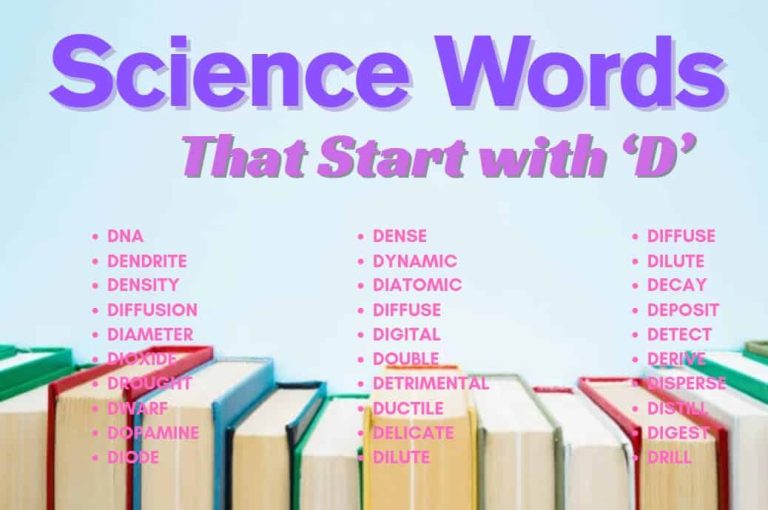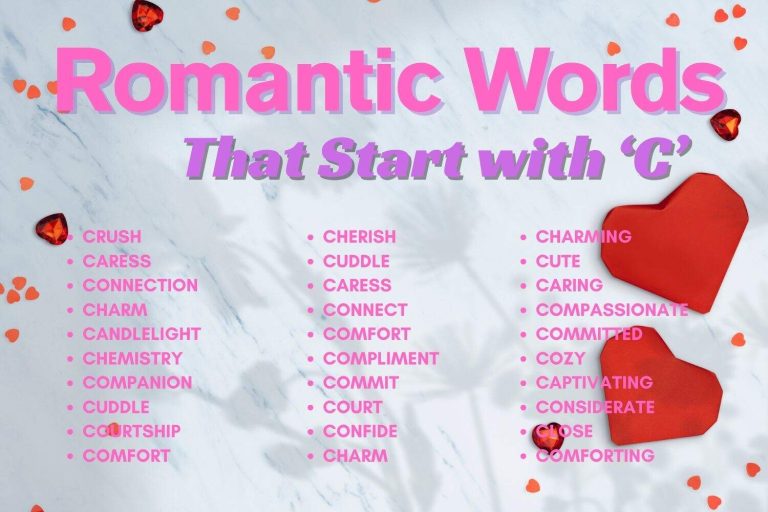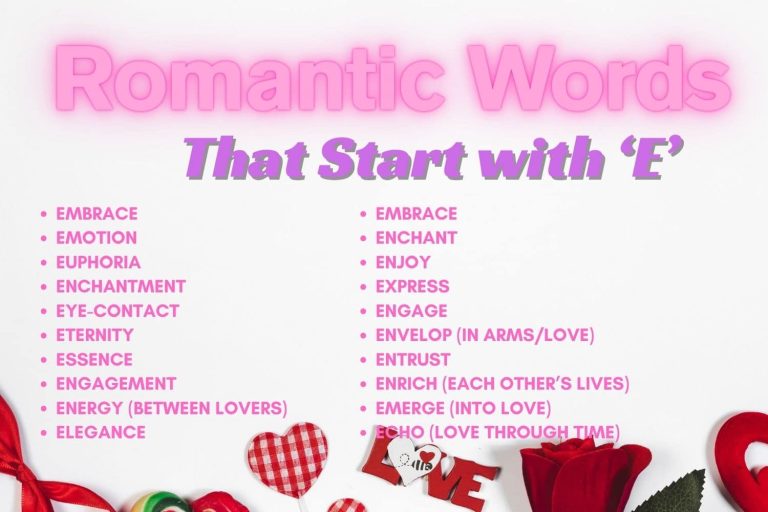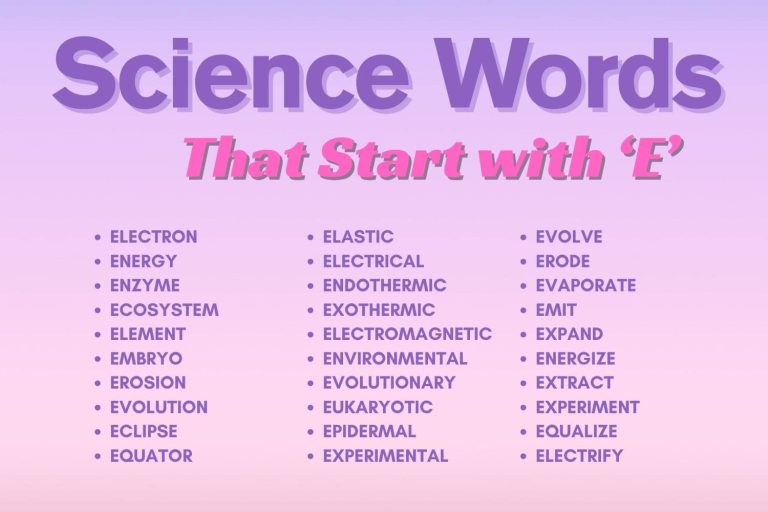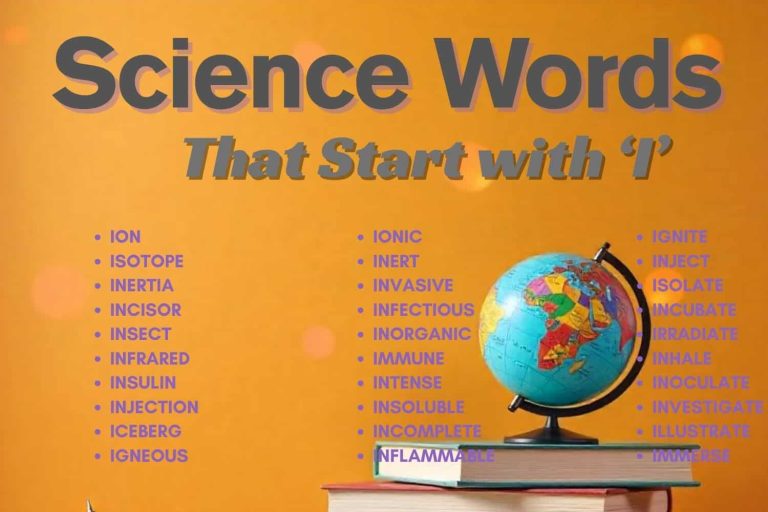Since vs. Sense: Mastering Confusing English Words
Understanding the subtle differences between “since” and “sense” is crucial for effective communication in English. These words, though similar in sound, have distinct meanings and grammatical functions.
Misusing them can lead to confusion and misunderstandings. This comprehensive guide will provide you with a clear understanding of when to use “since” and “sense” correctly, covering their definitions, structures, usage rules, common mistakes, and providing plenty of examples and practice exercises.
Whether you’re a beginner or an advanced learner, this article will help you master these tricky words and improve your overall English proficiency.
This guide is designed for English language learners of all levels, from beginners who are just starting to grasp the basics of grammar to advanced speakers who want to refine their understanding of these commonly confused words. Native English speakers can also benefit from this guide by reinforcing their knowledge and clarifying any lingering doubts.
Definition of Since and Sense
To effectively distinguish between “since” and “sense,” it’s essential to understand their individual definitions, grammatical functions, and contexts in which they are used.
Definition of “Since”
“Since” is a versatile word that can function as a preposition, conjunction, or adverb. Its primary function is to indicate time or a cause-and-effect relationship.
- As a preposition: “Since” indicates a point in time from which something has continued. Example: I have lived here since 2010.
- As a conjunction: “Since” connects two clauses, indicating that the second clause is a consequence or reason for the first. Example: Since it’s raining, we should stay inside.
- As an adverb: “Since” refers to a time after a specific point in the past. Example: They haven’t visited us since.
Definition of “Sense”
“Sense” primarily functions as a noun or a verb. As a noun, it refers to a faculty of perception, understanding, or reason.
As a verb, it means to perceive, understand, or detect something.
- As a noun: “Sense” refers to a physical faculty (sight, hearing, smell, taste, touch) or a general understanding. Example: She has a good sense of humor.
- As a verb: “Sense” means to perceive or understand something, often without explicit information. Example: I can sense that he’s upset.
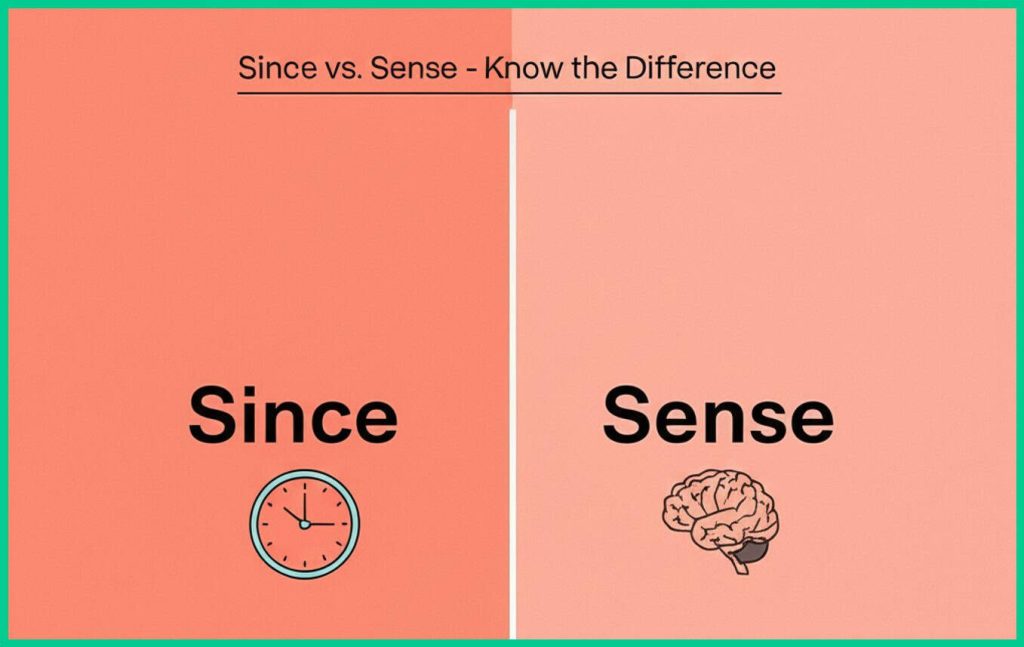
Structural Breakdown
Understanding the structural usage of “since” and “sense” in sentences is crucial for accurate grammar. Let’s break down how each word functions within different sentence structures.
“Since” as a Preposition
When used as a preposition, “since” is followed by a specific point in time. The typical structure is:
[Present Perfect/Past Perfect Tense] + since + [Specific Time]
Example: He has been studying since 8 AM.
“Since” as a Conjunction
As a conjunction, “since” connects two clauses, often indicating a cause-and-effect relationship. The structure can vary slightly, but a common pattern is:
Since + [Clause 1], [Clause 2] or [Clause 2] + since + [Clause 1]
Example: Since it was cold, I wore a jacket. or I wore a jacket since it was cold.
“Since” as an Adverb
When used as an adverb, “since” often appears at the end of a sentence or clause, referring back to a previously mentioned time.
[Clause] + since.
Example: They moved to Paris in 2010 and haven’t returned since.
“Sense” as a Noun
As a noun, “sense” can be used in various constructions, often with adjectives or prepositions that modify its meaning.
[Adjective] + sense (e.g., common sense, good sense)
Sense of + [Noun] (e.g., sense of direction, sense of humor)
In a/the sense (e.g., in a broad sense, in the strictest sense)
Example: She has a strong sense of justice.
“Sense” as a Verb
As a verb, “sense” typically takes a direct object, indicating what is being perceived or understood.
[Subject] + sense + [Object]
Example: I can sense his frustration.
Types and Categories of “Since” and “Sense”
To further clarify the usage of “since” and “sense,” let’s explore different types and categories within each word.
Types of “Since”
- Temporal “Since”: Indicates a duration of time from a specific point in the past until the present. Example: I have been waiting since noon.
- Causal “Since”: Introduces a reason or explanation for something. Example: Since you’re here, can you help me with this?
Categories of “Sense” (Noun)
- Physical Senses: Refers to the five senses (sight, hearing, smell, taste, touch). Example: His sense of smell is very acute.
- Abstract Sense: Refers to understanding, judgment, or reason. Example: She showed a great deal of common sense.
- Emotional Sense: Refers to a feeling or awareness. Example: He had a sense of foreboding.
Categories of “Sense” (Verb)
- Perceive: To become aware of something through the senses. Example: I can sense the rain approaching.
- Understand: To grasp the meaning of something. Example: Do you sense what I’m trying to say?
- Detect: To discover or identify something. Example: The machine can sense even minor changes in temperature.
Examples of “Since” and “Sense” in Sentences
The best way to understand the difference between “since” and “sense” is through examples. Below are several examples categorized by the word’s function in the sentence.
Examples of “Since” as a Preposition
The following table provides examples of “since” used as a preposition, indicating a point in time from which something has continued. Each example uses the structure [Present Perfect/Past Perfect Tense] + since + [Specific Time].
| # | Sentence |
|---|---|
| 1 | I have been working here since January. |
| 2 | She has been studying English since 2015. |
| 3 | They have lived in this city since their childhood. |
| 4 | He hasn’t eaten meat since last year. |
| 5 | We have known each other since high school. |
| 6 | The company has been successful since its inception. |
| 7 | She has been feeling unwell since yesterday. |
| 8 | They have been waiting for the bus since 6 AM. |
| 9 | He has been practicing the piano since he was a child. |
| 10 | We haven’t seen them since the party last month. |
| 11 | The project has been ongoing since last spring. |
| 12 | The store has been closed since the flood. |
| 13 | They have been together since they met at university. |
| 14 | He has been saving money since he got his first job. |
| 15 | We have been using this software since it was released. |
| 16 | She has been volunteering at the shelter since she retired. |
| 17 | They have been renovating the house since the summer. |
| 18 | He has been following that diet since his doctor recommended it. |
| 19 | We have been supporting that charity since its foundation. |
| 20 | She has been writing in her journal since she was a teenager. |
| 21 | The band has been playing together since the early 2000s. |
| 22 | The museum has been exhibiting that artwork since it was acquired. |
| 23 | The tradition has been upheld since the founding of the village. |
| 24 | The research project has been underway since the grant was approved. |
| 25 | The festival has been celebrated since the medieval times. |
Examples of “Since” as a Conjunction
The following table provides examples of “since” used as a conjunction, connecting two clauses and indicating a cause-and-effect relationship. The structure follows either “Since + [Clause 1], [Clause 2]” or “[Clause 2] + since + [Clause 1]”.
| # | Sentence |
|---|---|
| 1 | Since it’s raining, we should take an umbrella. |
| 2 | I’m tired since I didn’t sleep well last night. |
| 3 | Since you’re here, can you help me with this? |
| 4 | We can’t go to the beach since the weather is bad. |
| 5 | Since he studied hard, he passed the exam. |
| 6 | She decided to stay home since she wasn’t feeling well. |
| 7 | Since the store is closed, we’ll have to go tomorrow. |
| 8 | They bought a new car since their old one broke down. |
| 9 | Since the roads are icy, drive carefully. |
| 10 | He started learning French since he plans to travel to France. |
| 11 | Since the meeting is over, we can leave now. |
| 12 | She brought a sweater since it might get cold later. |
| 13 | Since all the tickets are sold out, we can’t see the show. |
| 14 | They decided to eat out since they didn’t feel like cooking. |
| 15 | Since the project is due tomorrow, we need to work late. |
| 16 | He took a taxi since he was running late for his appointment. |
| 17 | Since the battery is low, I need to charge my phone. |
| 18 | She wore a hat since the sun was very strong. |
| 19 | Since the rent is too high, they are looking for a new apartment. |
| 20 | He joined the club since he wanted to meet new people. |
| 21 | Since the traffic was heavy, they arrived late. |
| 22 | She took notes since the lecture was important. |
| 23 | Since the food was delicious, they ordered more. |
| 24 | He applied for the job since it matched his skills. |
| 25 | Since the deadline is approaching, we need to hurry up. |
Examples of “Since” as an Adverb
The following table provides examples of “since” used as an adverb, referring to a time after a specific point in the past. The structure is typically “[Clause] + since.”
| # | Sentence |
|---|---|
| 1 | I haven’t seen him since. |
| 2 | They moved to another country and haven’t returned since. |
| 3 | She quit her job last year and hasn’t worked since. |
| 4 | We visited the museum in 2010 and haven’t been back since. |
| 5 | He broke his leg and hasn’t played soccer since. |
| 6 | The company launched the new product last spring and sales have increased since. |
| 7 | The power went out last night and hasn’t come back on since. |
| 8 | She finished her degree and hasn’t used it since. |
| 9 | They bought the house five years ago and haven’t renovated it since. |
| 10 | He started learning guitar and hasn’t practiced much since. |
| 11 | The book was published and hasn’t been updated since. |
| 12 | The tradition started long ago and has been maintained since. |
| 13 | The rule was implemented and hasn’t been changed since. |
| 14 | The experiment was conducted and hasn’t been replicated since. |
| 15 | The event occurred and hasn’t been forgotten since. |
| 16 | The project was completed and hasn’t been evaluated since. |
| 17 | The system was installed and hasn’t been upgraded since. |
| 18 | The policy was introduced and hasn’t been reviewed since. |
| 19 | The relationship ended and they haven’t spoken since. |
| 20 | The trend emerged and has become more popular since. |
| 21 | The warning was issued and the situation has worsened since. |
| 22 | The decision was made and hasn’t been questioned since. |
| 23 | The technology was invented and has evolved rapidly since. |
| 24 | The agreement was signed and has been honored since. |
| 25 | The incident happened and has been investigated since. |
Examples of “Sense” as a Noun
The following table provides examples of “sense” used as a noun, referring to a physical faculty, understanding, or reason. Examples are categorized to showcase different usages.
| # | Sentence | Category |
|---|---|---|
| 1 | He has a keen sense of smell. | Physical Sense |
| 2 | She showed a great deal of common sense. | Abstract Sense |
| 3 | I have a sense of foreboding. | Emotional Sense |
| 4 | His sense of hearing is excellent. | Physical Sense |
| 5 | They lacked the sense to invest wisely. | Abstract Sense |
| 6 | She had a strong sense of justice. | Emotional Sense |
| 7 | The wine appealed to his sense of taste. | Physical Sense |
| 8 | Use your common sense when making decisions. | Abstract Sense |
| 9 | He felt a sense of relief after the exam. | Emotional Sense |
| 10 | Her sense of touch is very sensitive. | Physical Sense |
| 11 | It doesn’t make sense to argue about it. | Abstract Sense |
| 12 | I got the sense that he was lying. | Emotional Sense |
| 13 | The artist had a sense of color and balance. | Physical/Abstract Sense |
| 14 | He showed a lack of sense in his actions. | Abstract Sense |
| 15 | She had a sense of accomplishment after finishing the project. | Emotional Sense |
| 16 | A dog’s sense of smell is much better than a human’s. | Physical Sense |
| 17 | He has no sense of direction. | Abstract Sense |
| 18 | She had a sense of excitement before the trip. | Emotional Sense |
| 19 | The flowers stimulated her sense of smell. | Physical Sense |
| 20 | He used his sense of logic to solve the problem. | Abstract Sense |
| 21 | They felt a sense of community in their neighborhood. | Emotional Sense |
| 22 | His sense of balance was affected by the illness. | Physical Sense |
| 23 | She demonstrated a remarkable sense of responsibility. | Abstract Sense |
| 24 | He experienced a sense of loss after his friend moved away. | Emotional Sense |
| 25 | The chef relied on his sense of taste to perfect the dish. | Physical Sense |
Examples of “Sense” as a Verb
The following table provides examples of “sense” used as a verb, meaning to perceive, understand, or detect something. Each example follows the structure “[Subject] + sense + [Object]”.
| # | Sentence |
|---|---|
| 1 | I can sense his frustration. |
| 2 | She could sense that something was wrong. |
| 3 | He could sense the danger in the air. |
| 4 | They could sense the presence of someone nearby. |
| 5 | I can sense the rain coming. |
| 6 | She could sense the tension in the room. |
| 7 | He could sense her disappointment. |
| 8 | They could sense the change in the atmosphere. |
| 9 | I can sense that he’s not telling the truth. |
| 10 | She could sense his hesitation. |
| 11 | He could sense the opportunity before him. |
| 12 | They could sense the approval of the audience. |
| 13 | I can sense the shift in the wind. |
| 14 | She could sense his admiration. |
| 15 | He could sense the excitement of the crowd. |
| 16 | They could sense the urgency of the situation. |
| 17 | I can sense the heat from the fire. |
| 18 | She could sense his disapproval. |
| 19 | He could sense the positive energy in the room. |
| 20 | They could sense the importance of the meeting. |
| 21 | I can sense the underlying problem. |
| 22 | She could sense his nervousness before the presentation. |
| 23 | He could sense the potential of the project. |
| 24 | They could sense the authenticity of the artwork. |
| 25 | I can sense the shift in the market trends. |
Usage Rules for “Since” and “Sense”
Understanding the specific rules for using “since” and “sense” will help you avoid common errors and use these words correctly in your writing and speech.
Rules for “Since”
- Temporal Use: When “since” indicates time, it is often used with the present perfect or past perfect tense. For example, “I have been waiting since 3 PM.”
- Causal Use: When “since” introduces a reason, ensure that the cause-and-effect relationship is clear. For example, “Since it’s raining, we should stay inside.”
- Punctuation: When used as a conjunction at the beginning of a sentence, “since” is followed by a comma. For example, “Since you’re here, can you help me?”
- Avoid Ambiguity: Ensure that the context makes it clear whether “since” is being used to indicate time or a reason.
Rules for “Sense”
- Noun vs. Verb: Be mindful of whether “sense” is being used as a noun (referring to a perception or understanding) or as a verb (meaning to perceive or understand).
- Adjectives: When using “sense” as a noun, use appropriate adjectives to modify its meaning (e.g., “common sense,” “good sense”).
- Prepositions: Use correct prepositions with “sense,” such as “sense of” (e.g., “sense of humor”) or “in a sense” (e.g., “in a broad sense”).
- Object: When using “sense” as a verb, ensure it has a direct object (e.g., “I can sense his frustration”).
Common Mistakes with “Since” and “Sense”
Identifying and correcting common mistakes is an important step in mastering the use of “since” and “sense.” Here are some frequent errors and how to avoid them.
| Incorrect | Correct | Explanation |
|---|---|---|
| I haven’t seen him sense last year. | I haven’t seen him since last year. | “Since” is used to indicate a point in time. |
| It doesn’t make since. | It doesn’t make sense. | “Sense” is the correct noun to indicate understanding. |
| Since he has a good sense of humor, I like him. | Since he has a good sense of humor, I like him. | This sentence is already correct. |
| I since that she is angry. | I sense that she is angry. | “Sense” is the correct verb to indicate perception. |
| Sense it’s raining, we should stay inside. | Since it’s raining, we should stay inside. | “Since” is the correct conjunction to introduce a reason. |
| She has a good since of style. | She has a good sense of style. | “Sense” is the correct noun to indicate a faculty or perception. |
| I haven’t talked to her sense. | I haven’t talked to her since. | “Since” is used as an adverb referring to a time after a specific point in the past. |
| The machine can since the temperature change. | The machine can sense the temperature change. | “Sense” is the correct verb to indicate detecting something. |
| Since of humor is important. | Sense of humor is important. | This sentence uses sense correctly. |
| I haven’t eaten meat sense I was a child. | I haven’t eaten meat since I was a child. | “Since” is used to indicate a point in time. |
Practice Exercises
Test your understanding of “since” and “sense” with these practice exercises. Fill in the blanks with the correct word.
Exercise 1: Choose the Correct Word
Choose the correct word (“since” or “sense”) to complete each sentence.
| # | Sentence | Answer |
|---|---|---|
| 1 | _______ you’re here, can you help me with this? | Since |
| 2 | I have a strong _______ of responsibility. | sense |
| 3 | I haven’t seen him _______ last year. | since |
| 4 | It doesn’t make _______. | sense |
| 5 | I can _______ that he’s upset. | sense |
| 6 | She has been studying _______ 2010. | since |
| 7 | He has a good _______ of humor. | sense |
| 8 | _______ it’s raining, we should stay inside. | Since |
| 9 | I haven’t spoken to her _______. | since |
| 10 | She could _______ the danger in the air. | sense |
Exercise 2: Correct the Sentence
Identify and correct the errors in the following sentences.
| # | Sentence | Corrected Sentence |
|---|---|---|
| 1 | I haven’t seen her sense last week. | I haven’t seen her since last week. |
| 2 | Since of smell is one of the five senses. | Sense of smell is one of the five senses. |
| 3 | I since that she is lying. | I sense that she is lying. |
| 4 | It doesn’t since to argue about it. | It doesn’t make sense to argue about it. |
| 5 | She has been working here sense January. | She has been working here since January. |
| 6 | Since he has a good sense of direction, he led the way. | Since he has a good sense of direction, he led the way. |
| 7 | I feel sense of accomplishment. | I feel a sense of accomplishment. |
| 8 | Sense the meeting is over, we can leave. | Since the meeting is over, we can leave. |
| 9 | He hasn’t called sense. | He hasn’t called since. |
| 10 | Do you since what I’m trying to say? | Do you sense what I’m trying to say? |
Exercise 3: Write Your Own Sentences
Write two sentences using “since” (one temporal, one causal) and two sentences using “sense” (one as a noun, one as a verb).
(Answers will vary. Examples: Temporal since: I have been studying since 5 PM. Causal since: Since it’s cold, I wore a coat. Sense as a noun: She has a good sense of style. Sense as a verb: I can sense his excitement.)
Advanced Topics
For advanced learners, let’s delve into more complex aspects of “since” and “sense.”
Subjunctive Mood with “Since”
In formal English, “since” can be used with the subjunctive mood to express hypothetical or unlikely situations. This is less common but important to recognize.
Example: It is strange that I haven’t seen him since he left. (Implies a sense of surprise or disbelief)
Nuances of “Sense” in Philosophy and Psychology
The concept of “sense” is explored extensively in philosophy and psychology, often referring to perception, consciousness, and the interpretation of sensory information. Advanced learners can explore these deeper meanings and applications of “sense.”
Idiomatic Expressions
Both “since” and “sense” appear in various idiomatic expressions. Understanding these expressions can enrich your vocabulary and improve your comprehension of nuanced language.
- “Since then”: Meaning from that time until now.
- “Make sense of”:“Meaning to understand something complicated.
- “In a sense”: Meaning in one way of thinking about something.
- “Come to one’s senses”: Meaning to start behaving in a reasonable way.
Frequently Asked Questions (FAQ)
Is “since” always related to time?
No, “since” can also indicate a cause-and-effect relationship. It’s important to understand the context to determine its function.
Can “sense” be used in plural form?
Yes, “senses” can refer to the physical senses (sight, hearing, smell, taste, touch). For example, “Our senses help us perceive the world around us.”
How do I know when to use “since” as a preposition or a conjunction?
“Since” is a preposition when it is followed by a specific point in time. It is a conjunction when it connects two clauses, indicating a reason or cause.
What’s the difference between “common sense” and “good sense”?
“Common sense” refers to basic, practical knowledge that most people are expected to have. “Good sense” implies wise judgment and sound decision-making.
Can “since” be used in formal writing?
Yes, “since” is appropriate for both formal and informal writing. However, in very formal contexts, you might choose a more formal synonym like “as” or “because” for causal relationships.
Is it correct to say “I haven’t seen him since from last year”?
No, this is incorrect. The correct phrasing is “I haven’t seen him since last year.” or “I haven’t seen him since then.”
What are some synonyms for “sense” as a verb?
Synonyms for “sense” as a verb include perceive, detect, feel, discern, and understand.
Conclusion
Mastering the distinction between “since” and “sense” is essential for clear and effective communication in English. By understanding their definitions, structural uses, and common mistakes, you can confidently use these words in your writing and speech.
Remember to consider the context, grammatical function, and intended meaning to ensure accuracy. With practice and attention to detail, you can avoid common errors and enhance your overall English proficiency.

